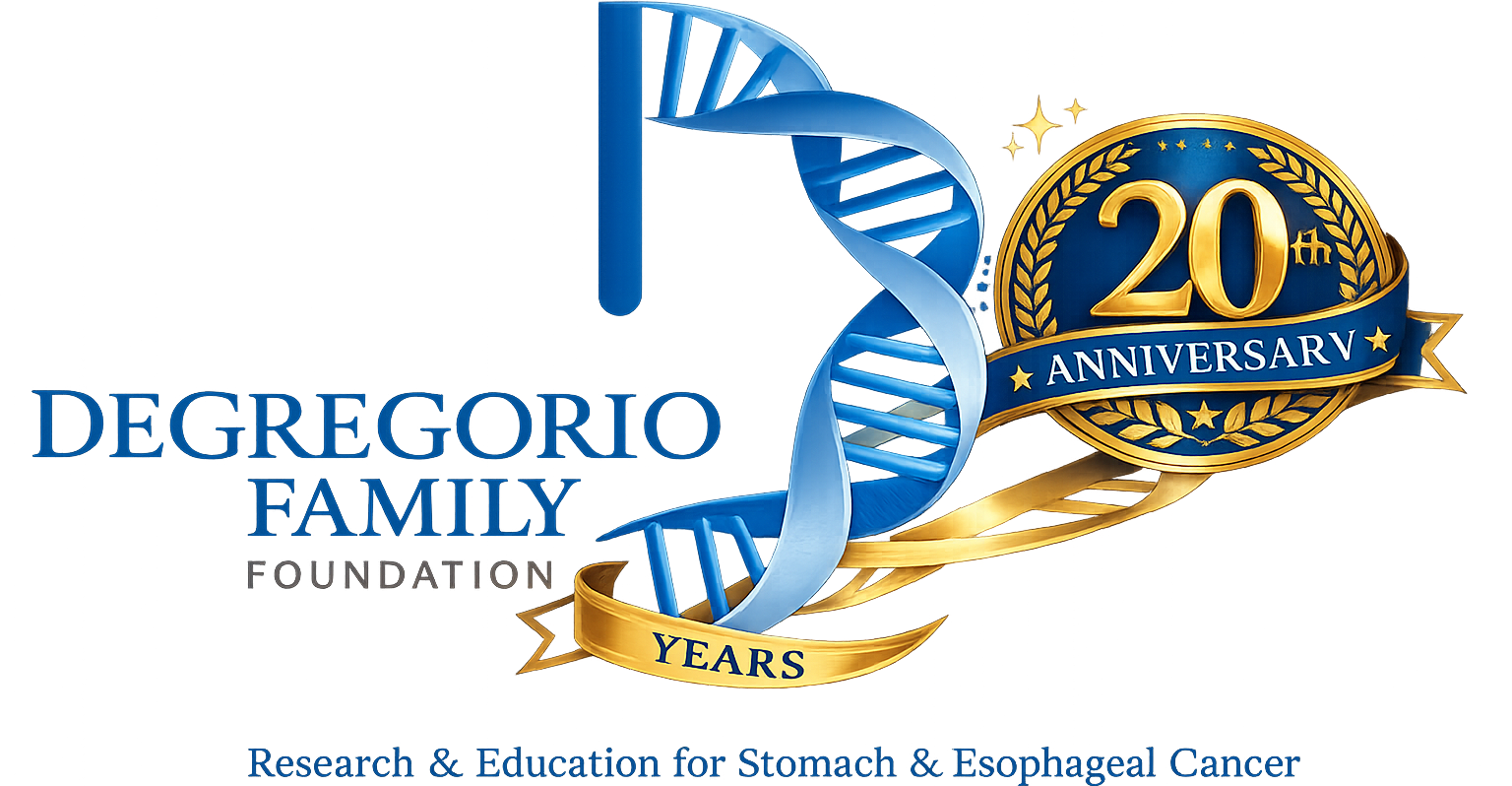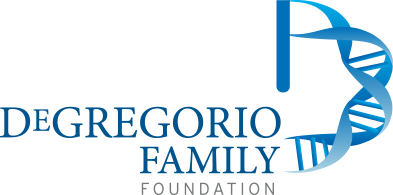
2013-2014: $225,000
Follow-on Funding: NIH: $5M
Publications: Clinical Gastroenterology: “Combined EsophaCap Cytology and MUC2 Immunohistochemistry for Screening of Intestinal Metaplasia, Dysplasia and Carcinoma”
Surgical Clinics of North America: “The Molecular Biologic Basis of Esophageal and Gastric Cancers”
2013
Project Title – Evaluating the Feasibility of a Molecular Cytology Approach for Management of Patients with Barrett’s Esophagus (BE)
People with BE are at increased risk for a type of cancer called esophageal adenocarcinoma. Esophageal adenocarcinoma is an aggressive tumor that is often diagnosed after it has already spread to other sites. Currently, the only way to detect esophageal adenocarcinoma is with an endoscopy, which is an invasive procedure that requires a hospital visit, sedation and a day off work.
Dr. Tony Godfrey’s research team is developing a new approach for esophageal cancer detection that could be performed simply in a primary care physician’s office or even at home. The approach uses a sponge-containing capsule attached to a string. When swallowed, the sponge expands in the stomach and can then be pulled back through the esophagus and out of the mouth. Esophageal cells are rubbed off onto the sponge as it is pulled through the esophagus and can be examined to look for cancerous changes.
“If successful, this project may lead to more wide-spread esophageal cancer screening, earlier detection of tumors and improved survival,” says Dr. Godfrey. “We are grateful for the funding provided by the DeGregorio Family Foundation, which will allow us to perform vital experiments to determine if this approach is feasible.”

